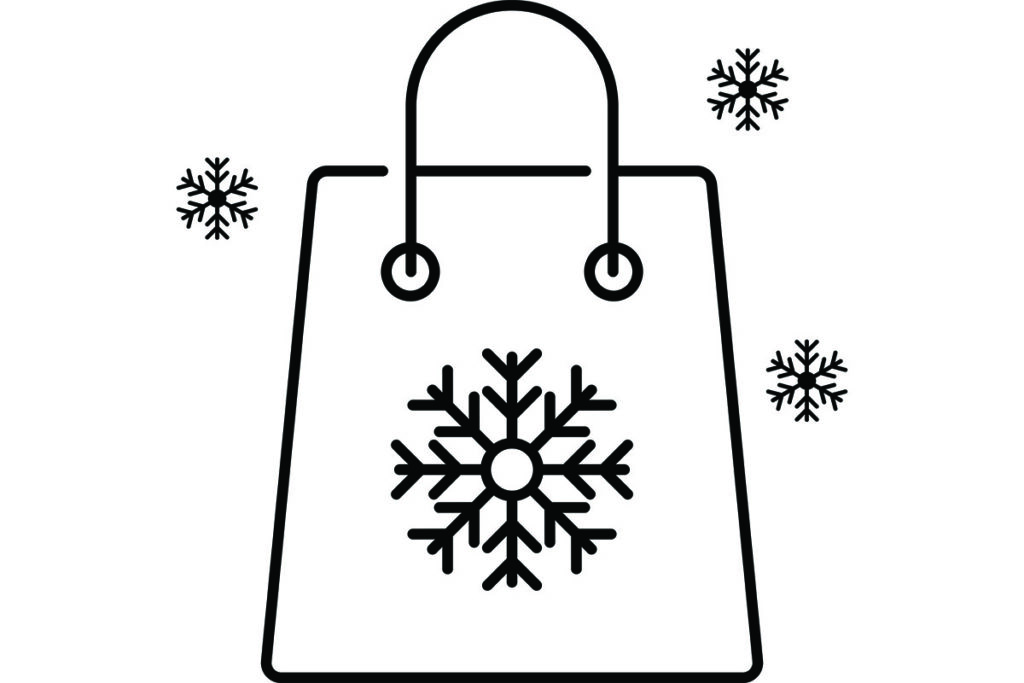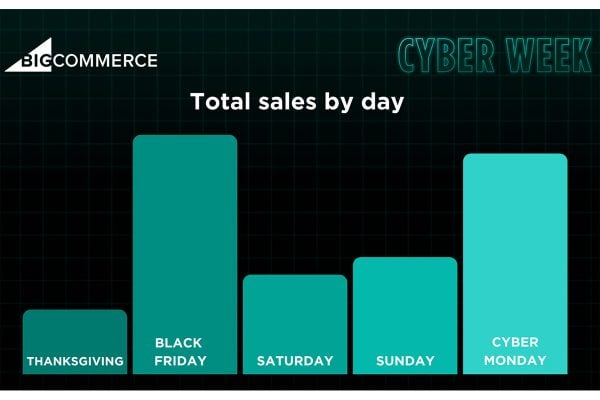Mark Elward, Vice President of Enterprise Sales at Huboo, discusses the potential impact of strike action on retailers and how they can mitigate the risks of this happening around Black Friday:
Since arriving in Europe almost a decade ago, Black Friday has grown to become one of the biggest online sales events of the year. But in 2022, it coincides with both the escalating cost of living crisis and the recent announcement by Royal Mail about strike action around both Black Friday and Cyber Monday.
The announcement of a prolonged strike action running across peak trading could represent a real blow for the retail sector, which is already facing a challenging run up to Christmas. This comes as shoppers increasingly attempt to curtail their spending on essentials and cut back on luxury items to help combat spiralling costs and record breaking rising prices.
The downward trend in consumer spending will only become more pronounced as winter progresses, leaving ecommerce retailers potentially facing reduced sales, paired with increased operating costs. Retailers can take steps to ease these issues if they make a concerted effort to put their customers first during this time of intense financial stress and pressure. This is all while subtly persuading them to part with their hard-earned cash so that retail revenue streams continue to flow in the run up to peak season.
They can do so by crunching past data to better understand previous product sales performance across different marketplaces and likely future trends. This will help retailers to map out the special offers and discounts that really make a difference to shoppers at this difficult time, all while hopefully resulting in that all-important sales push.
With the added threat of strike action, retailers and shoppers alike should also be mindful that such action could impact sales and delay deliveries.
In light of the latest Royal Mail industrial action, getting products into markets in a timely fashion will help consumers to shop around, plan their purchases, decide what they really need, compare prices and spend their money more mindfully. It also means that retailers are less likely to miss out on the huge commercial opportunities that Black Friday brings in spite of the current circumstances.
Ecommerce businesses are now, more so than ever, restricted as to how much of their costs they can pass on without risking even the most loyal customer going elsewhere for a cheaper deal. It’s clear that retailers must look for ways to reduce the price point of their goods while maintaining profitability.
One way of doing this is by reconsidering fulfilment options. For the independent retailer with full responsibility for their picking, packing and delivery, the average cost of fulfilling a single order in the UK is £3. When you consider that this overhead increases with cross-border trade, it’s easy to see how fulfilment can erode an online retailer’s profit margins. Ecommerce businesses should look towards tech-enabled fulfilment experts to not only reduce these financial costs, but also free themselves from the time-consuming activities that come with ensuring fulfilment is undertaken quickly and accurately.
Other measures retailers can take is to diversify their sales channels, reassess product lines and review pricing structures. Doing so will ease challenging times ahead, allow retailers to stabilise their operations before the cost of living crisis truly impacts the bottom line, all while ensuring customers are treated to a fair purchasing journey where they don’t feel like they’re getting ripped off.
While the exact scale of this year’s Black Friday event remains to be seen – not to mention the full impact of potential strike action – what is clear is that it is still a hugely important sales opportunity for retailers of all sizes to tap into. But success takes effort and businesses need to forecast, strategise and move fast to get their products in place – and crucially at the right price – for what still looks set to be one of the biggest retail events of the year.









